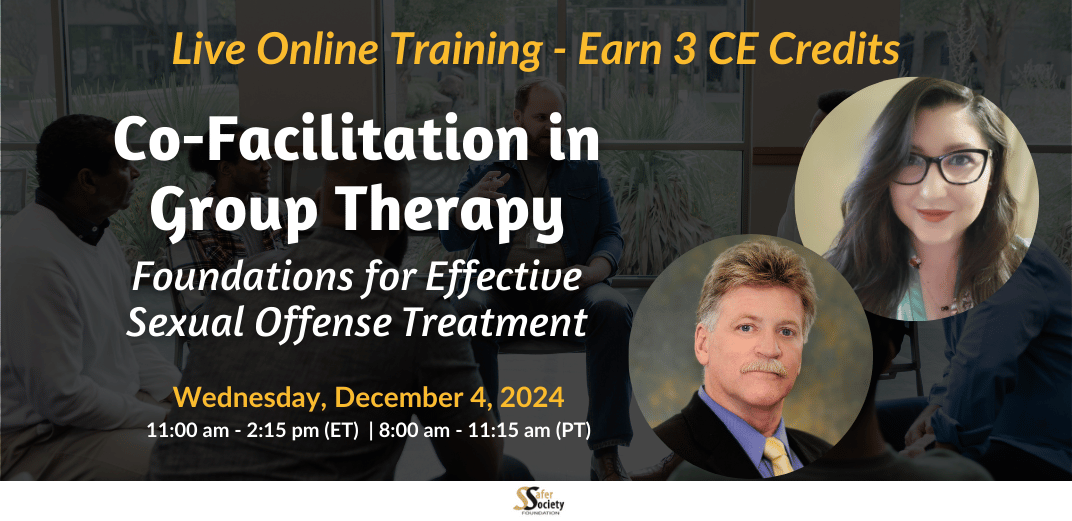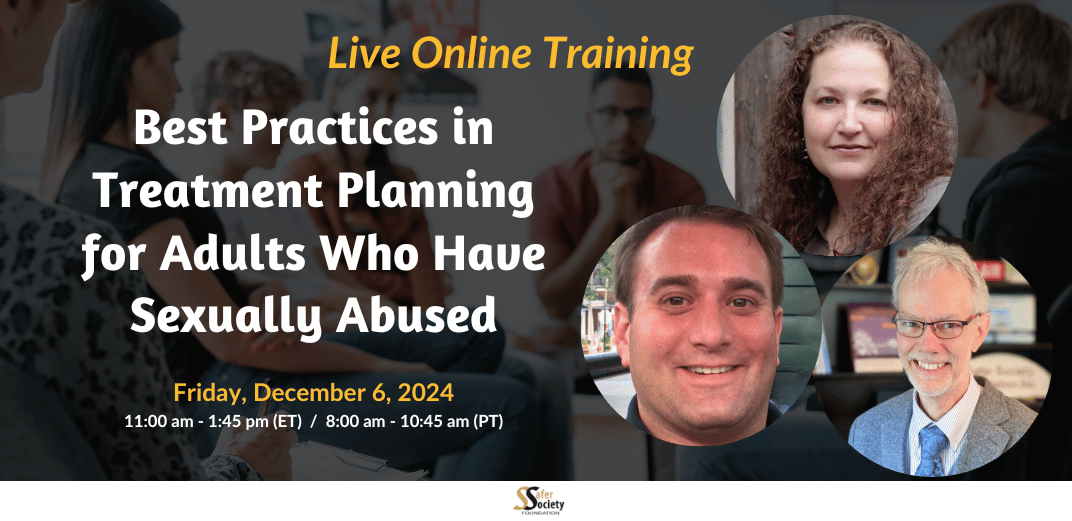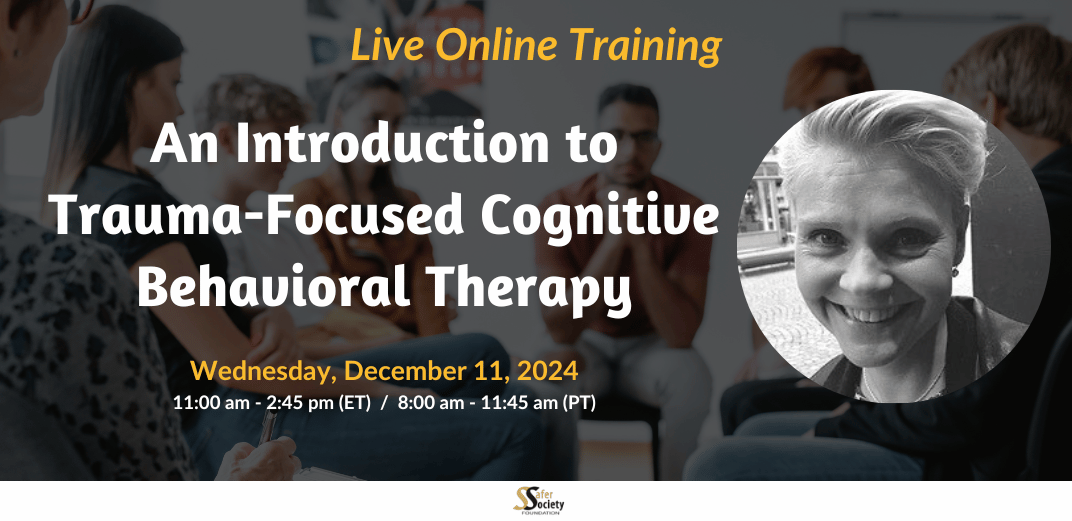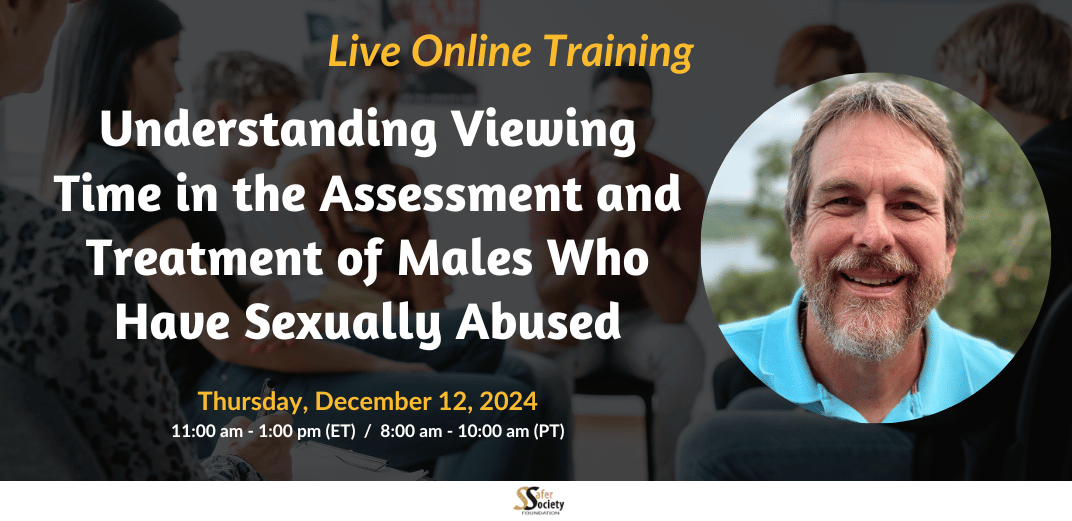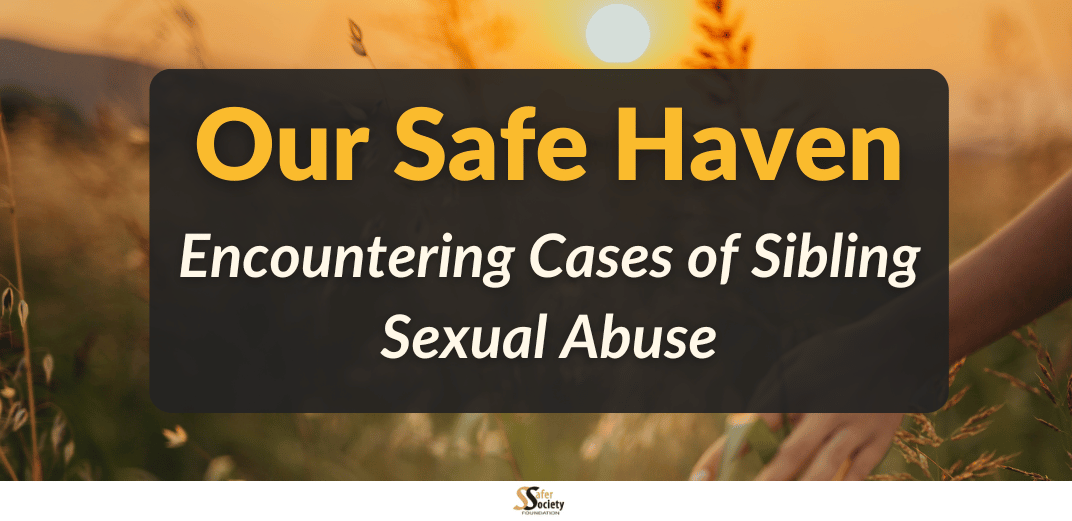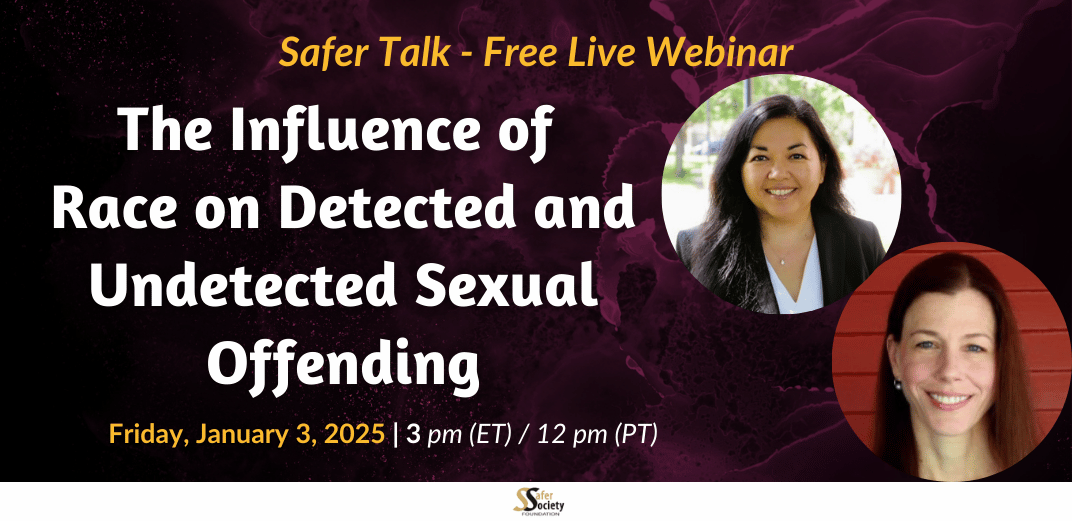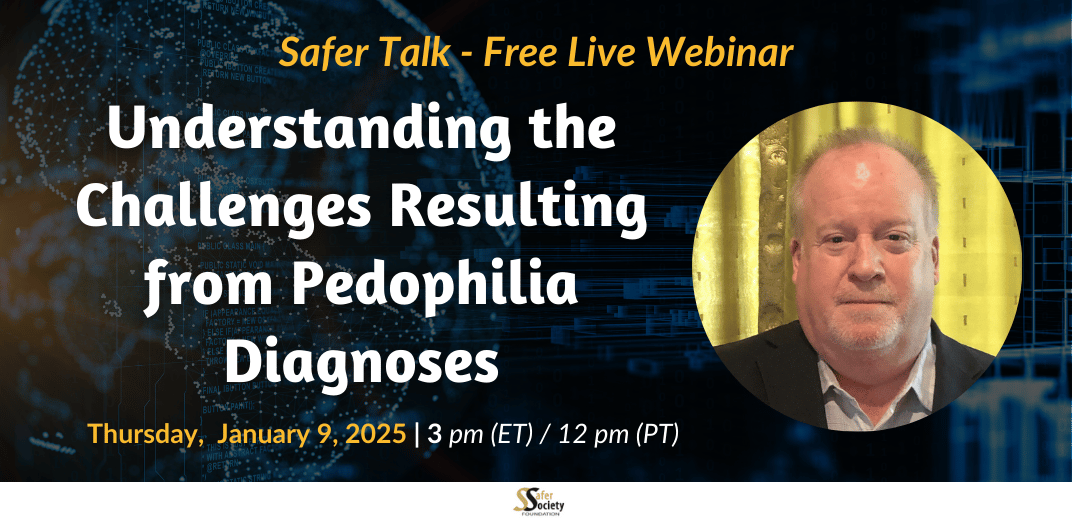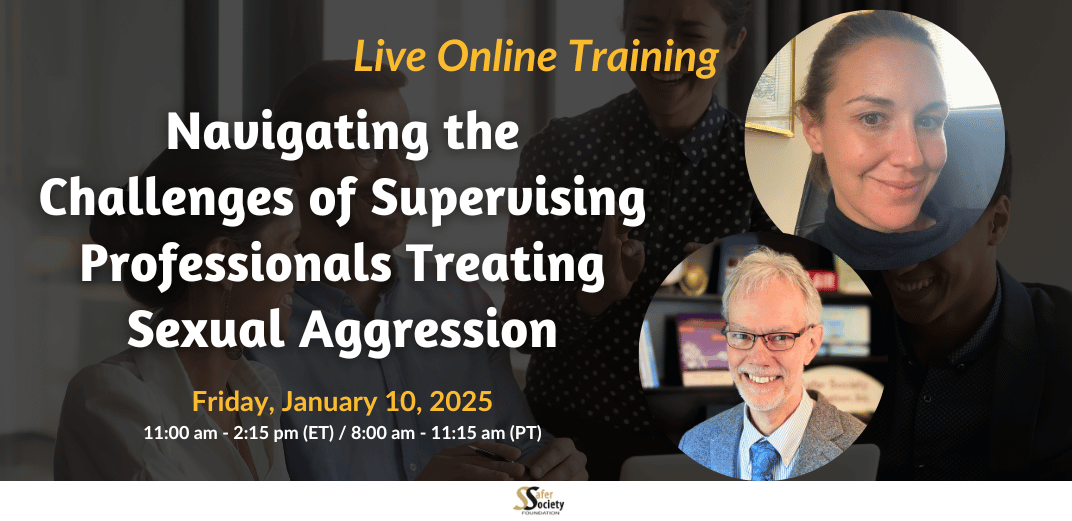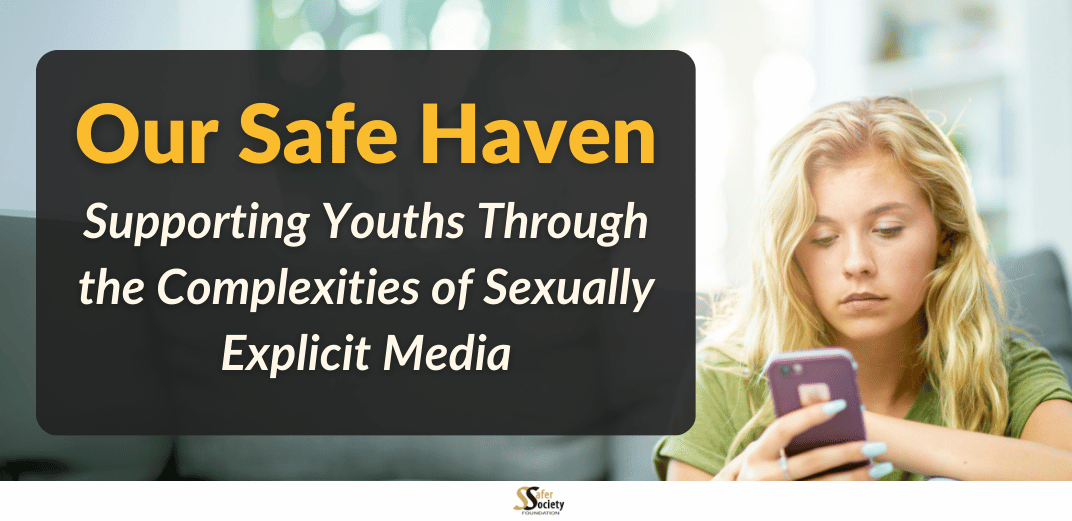
Our Safe Haven: Supporting Youths Through the Complexities of Sexually Explicit Media
Practitioners and parents alike have seen the dramatic increase of sexually explicit media (SEM) across various digital platforms, extending beyond traditional adult websites to social media and mainstream online spaces. This presents new challenges for parents, educators, and health professionals in guiding adolescents and children through their media consumption.
As media outlets evolve to keep viewers engaged, so too must our approaches to media literacy and education for young people. However, professionals and caregivers face many challenges when teaching youths how to be sophisticated consumers of media.
Join us for an upcoming Our Safe Haven session, featuring a discussion moderated by Seth Wescott and David Prescott. These sessions provide a forum for professional dialogue on the challenges associated with SEM and its dangerous impacts on youths. These sessions offer attendees an opportunity for open discussion, support, and skill development. Your contributions will enrich the collective understanding and help shape best practices in this evolving field.

